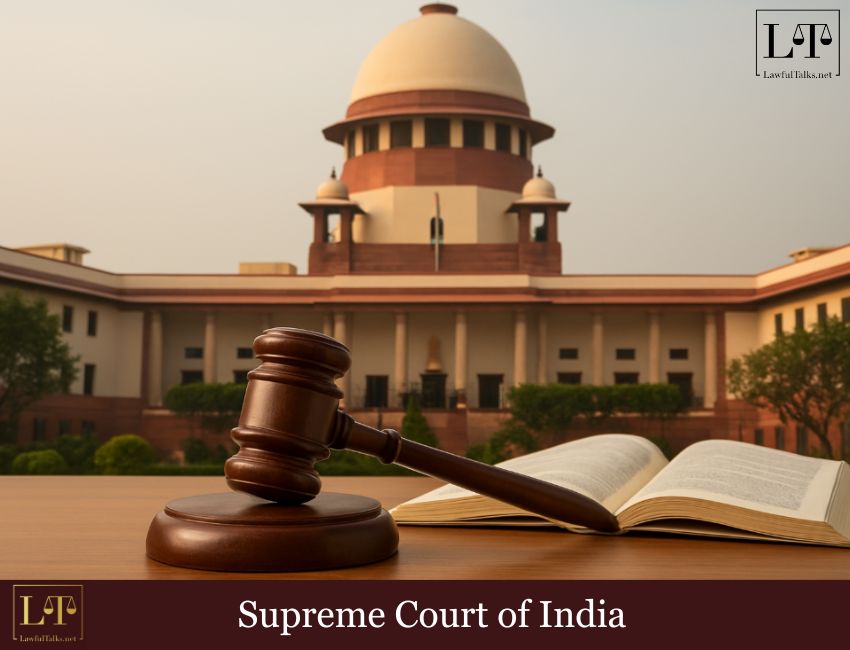Allahabad HC Sets Aside Afzal Ansari's Conviction, Allows Him to Continue as MP

In a landmark clarification, the Supreme Court has ruled that a mere suit for injunction is not maintainable when the plaintiff lacks possession of the property and the title itself is in dispute. Emphasizing the proper course of action, the Court held that in such situations, the plaintiff must seek a declaration of ownership along with recovery of possession, instead of filing a simple injunction suit under the Specific Relief Act, 1963.

Facts:
A Bench comprising Justice Ahsanuddin Amanullah and Justice K. Vinod Chandran was hearing a matter where the plaintiff, D. Rajammal, had sought an injunction against her brother, Munuswamy (now deceased, represented by his legal representatives), from alienating or interfering with the possession of a disputed property. The claim was based on a Will purportedly executed by their father, Rangaswamy Naidu, bequeathing equal shares to Rajammal and another sibling, Govindarajan.
The defendant, however, argued that the property was ancestral in nature and not the father’s self-acquired estate. He also claimed that he was in possession as a co-owner under a family arrangement executed in 1983.
While the trial court had accepted the plaintiff’s claim and granted two injunctions, restraining alienation and interference with possession, the First Appellate Court reversed the decision, holding that the property was ancestral and that the Will was invalid. The High Court, in a second appeal, restored the trial court’s findings, reasoning that “possession follows title.”
Aggrieved by this, the defendant approached the Supreme Court, contending that since the plaintiff had admitted that the property was in the defendant’s possession, a suit for injunction simply was not maintainable unless it was accompanied by a declaration of title and a prayer for possession.
Apex Court’s Observation:
Upholding this argument, the Supreme Court noted that when the defendant also claims ownership, a simple injunction suit cannot be maintained without first seeking declaratory relief. The Court emphasized that the plaintiff, despite asserting ownership under the Will, had failed to seek recovery of possession.
“It is also significant that though the plaintiff did not have possession, she had not claimed recovery of possession. While asserting a Will and title on its strength, there should have been a declaration of title sought, especially when the contention of the defendant was that he came into the property as a co-owner and then occupied it with absolute rights,” the Court observed.
The Bench added that the High Court erred in interfering with the First Appellate Court’s findings, as the plaintiff’s own admission of the defendant’s possession made the injunction claim untenable. “Even if the title is established, there should have been a recovery of possession sought by the plaintiff,” the Court held, dismissing the injunction claim.

Manasvi Sharma
Legal Intern, 2nd Year, NLIU Bhopal
Latest Posts
Categories
- International News 19 Posts
- Supreme Court 390 Posts
- High Courts 383 Posts



















































































































































































































































































































































































































































































































































































































































































































































































































